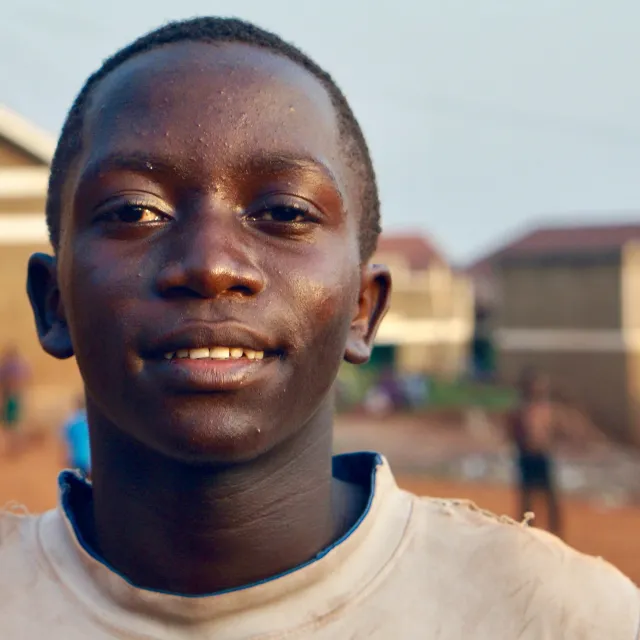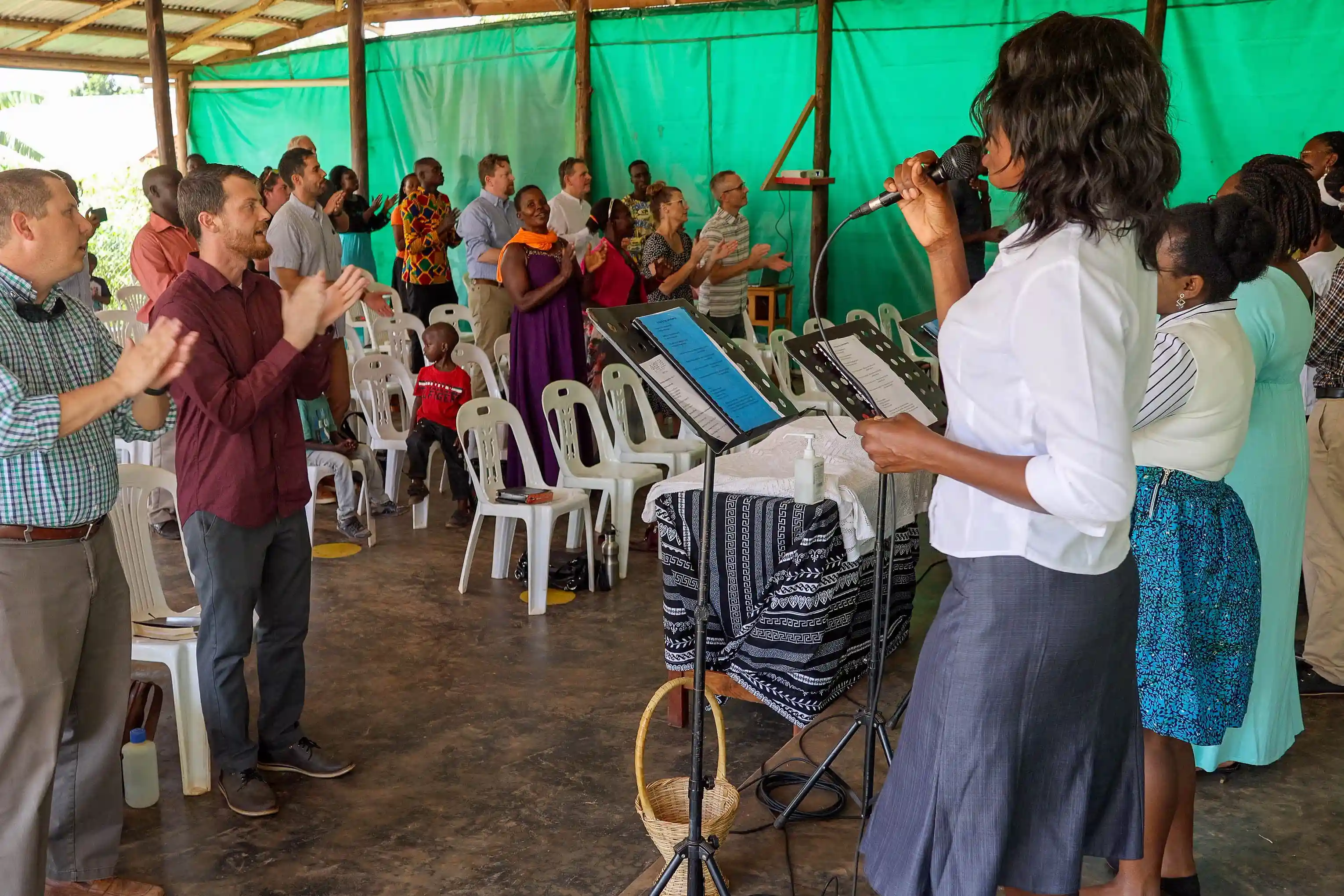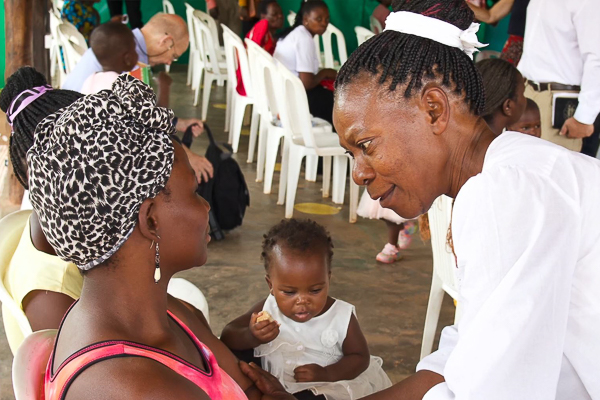An Ethical Witness in a Corrupt Marketplace

Moses Engwau started his professional career by bringing ethical practices to a small business. Today, as executive director of the Business Development Center (BDC) in Kampala, Uganda, Engwau is helping equip the next generation of professionals to conduct commerce honorably in one of the world’s most corrupt economies.
Two years after completing his college degree, Engwau was still without a job in his chosen field of accounting. He was working as a volunteer assistant in a hardware store when an opportunity finally came. “One day the store owner discovered fraud in the books and fired the whole department,” Engwau recalls. “He said, Moses, you know accounting, right? You can be the inventory manager.”
Engwau had come to know Christ not long before, thanks to the persistent efforts of an old high school friend who kept in touch with him. But over the next few years, he grew disillusioned with the faith that he understood only as an internal belief system, not necessarily a worldview that infused every-day life. Things began to change when he went to work for Food for the Hungry International (FHI). “I met my mentor, Joseph Enyimu, through the Navigators,” recounts Engwau. “He was moving from FHI into government work and recruited me as his replacement.” While there, he participated in training about the biblical worldview of vocation. “The bigger vision of business as part of the Kingdom of God—that re-energized me.”
Engwau now pours that energy into the BDC. Partnering with MTW, the BDC exists to train, equip and support Kampala’s young urban entrepreneurs. It is an example of MTW’s strategic focus on “business as mission” (BAM). “I learned the theology of BAM, but the BDC is about the practice and also the impact of it,” Engwau says.
The BDC does this through a 14-week program that covers basic business skills, including operations, marketing and accounting. It also includes curriculum on doing business with a Christian worldview. All instructors are required to be plugged into a local church. Practicing business ethically is a central theme. “Uganda has a reputation for corruption,” Engwau says. According to Transparency International’s Corruption Perception Index, he is correct: Uganda ranks 139th out of 167 countries for ethical practices. “The government is the single biggest awarder of large contracts, and it is almost impossible to get a government contract without paying a bribe,” he explains. Tax evasion and failure to register proper paperwork are also very common.
“Our impact so far is to challenge this, to raise awareness and seek commitments from students that they will work ethically,” Engwau says of the three-year-old BDC. “We tell them they do not have to do these things. It may be hard for them, but they need to trust God to take care of them.” With approximately 45 students coming through each year, the long-term hope is to transform the business culture in Kampala. “There is nothing like the Better Business Bureau system in Uganda,” laments Engwau, “but perhaps we could develop something like that.”
For now, the BDC offers ongoing support for students and alumni through one-on-one coaching, access to capital and other resources, such as a library and incubator space. So far it has alumni in the construction, manufacturing, hospitality/tourism and media industries.
The BDC funds the majority of its operating budget, but is praying for support to help it acquire a larger space that will allow for separate classrooms, offices and coaching areas. Engwau also welcomes Western businessmen to come to Kampala as Visiting Executives who can speak to students. Those who cannot commit to travel can still help as online coaches, working with students and alumni who have similar business or personal interests. “We are always seeking to grow our network and attract more students,” Engwau says. “We want to impact as many people as possible.”





